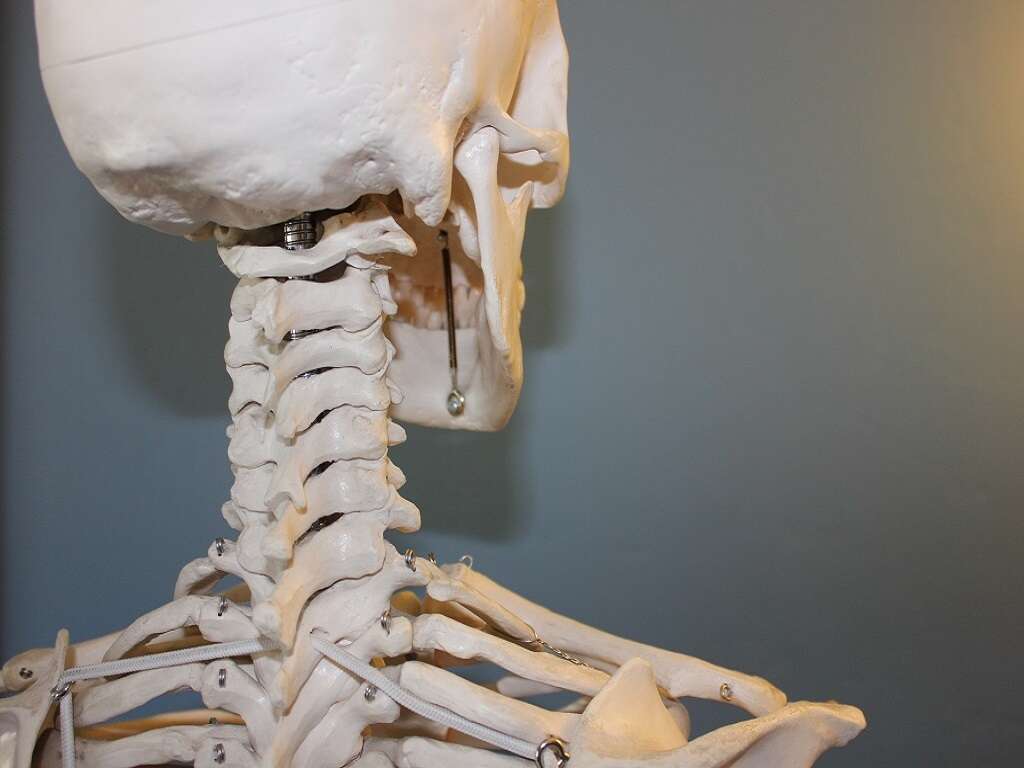10 Brain Infection Symptoms
Our brain is one of our most essential organs. We simply cannot live without it. It is fairly well-protected thanks to our thick skull that helps keep it safe. It is not completely protected, however, and in addition to damage from heavy impacts, our brain can also develop infections.
There are different types of infection that can affect the brain, two of the most common being meningitis and encephalitis.
It is possible for patients to make a full recovery, but brain infections are very serious conditions that need expert medical assistance. Here are 10 symptoms of a brain infection to be aware of.

Symptom #1: Headache
A headache is one of those symptoms that the vast majority of us will develop at some point in our lives. Often, we will not be sure of why we have one at all. They are usually caused by something quite benign, while they can also sometimes be caused by something that is quite serious.
If you have a brain infection then the accompanying headache is likely to be quite severe. The severity will often let patients know that this is no ordinary headache and that they should see a doctor as soon as possible. This is especially the case if the headache is accompanied by other symptoms of a brain infection.

Symptom #2: Vomiting
Patients suffering from encephalitis and meningoencephalitis may experience nausea. If the infection is severe enough to cause an increase in the intracranial pressure, the patient may vomit suddenly and without any associated nausea.
These episodes are called “projectile vomiting” and they are a clear sign to seek medical attention as soon as possible.

Symptom #3: Fatigue
It is only normal to get increasingly tired as the day goes on. Our body will need to recuperate physically and mentally, and this is usually achieved simply by going to bed, and eating, of course. Wake up the next morning and you should be feeling fresh again, but it doesn’t always work that way.
If you have a brain infection then you may be feeling tired all the time. Even eating and resting won’t help you to recharge your batteries and you’ll feel tired in the mornings. You will also feel physically weak and even completing simple manual tasks can become difficult.

Symptom #4: Fever
If there is an infection in any part of our body, it can present a very real threat to our health and even to our life. Fortunately, our immune system is able to handle most small infections by raising a fever, which will help to kill off the pathogen. A fever will also be used to help deal with a more serious infection, such as a brain infection.
Encephalitis will usually cause a fever to appear in the early stages of the disease, also called the prodromal phase. If you are suffering from this symptom in association with other symptoms related to encephalitis, you should seek medical attention for proper diagnosis.

Symptom #5: Confusion
We take it for granted on a daily basis, but it is impressive just how effective our brain is at processing everything around us. We are able to take in information around us and our brain will tell us what it all means in an instant. If the brain is not in full health, though, then processing this information can become a lot harder.
People with a brain infection will often find that they become confused very easily. They might struggle to keep up with conversation and they could also even struggle to know where they are or who they are talking to. Confusion like this can be caused by numerous things and it is something that should encourage the patient to see a doctor.

Symptom #6: Loss of Sensation
We are able to feel pain and other sensations thanks to the way our nerves send signals to the brain. This then allows us to react accordingly such as, for example, letting go of something that is too hot. If the brain is not functioning properly, however, then it can mean that we lose this ability to feel.
Patients with a brain infection can experience a loss of sensation in certain parts of their body. They might also experience paralysis of certain parts of the body as the brain loses all control over them. It is a clear sign that the patient should get medical assistance if they have not done so already.

Symptom #7: Sensitivity to Light
Too much light can be harmful to us. In fact, it can even cause permanent physical damage so we need to be careful when looking into bright lights. Our irises will close a little when we are in bright light to help keep some light out, but they will not close completely.
Some people can also find that they are sensitive to light even when it is not particularly bright. People with a brain infection might find that they need to sit in a darkened room because even standard light bulbs are just too much for them. It is a symptom that anybody should get checked out as soon as they can.

Symptom #8: Stiff Neck
Many of us have woken with a stiff neck in the morning. It is usually a result of having laid at an awkward angle, stretching or squeezing the muscles and tendons in the process. A stiff neck will usually last a day, although they can sometimes linger.
A stiff neck can also be a sign that you have a brain infection. The meninges are three layers of protective tissue that help protect the brain and the spinal cord. In cases of an infection, the meninges can become infected, and this can result in a stiff neck, along with some other symptoms.

Symptom #9: Swollen Lymph Nodes
Lymphadenopathy is the medical term that describes the inflammation of the lymph nodes. It is a common finding, especially in patients with viral encephalitis.
The lymph nodes that are most affected are the ones located in the neck due to their proximity with the head and the source of the infection.

Symptom #10: Seizures
There are signals constantly being sent to and from our brains. These help us to think and to move, and the signals are sent thanks to electrical impulses. Sometimes, these electrical impulses can get out of control and this can result in seizures. Seizures are quite an alarming symptom and they are also quite dangerous.
Seizures are a condition when electrical impulses are causing the body’s muscle to contract and relax involuntarily. The patient is not usually conscious when this is happening. This is a condition that should be taken seriously as it is a clear sign that something is very wrong.












